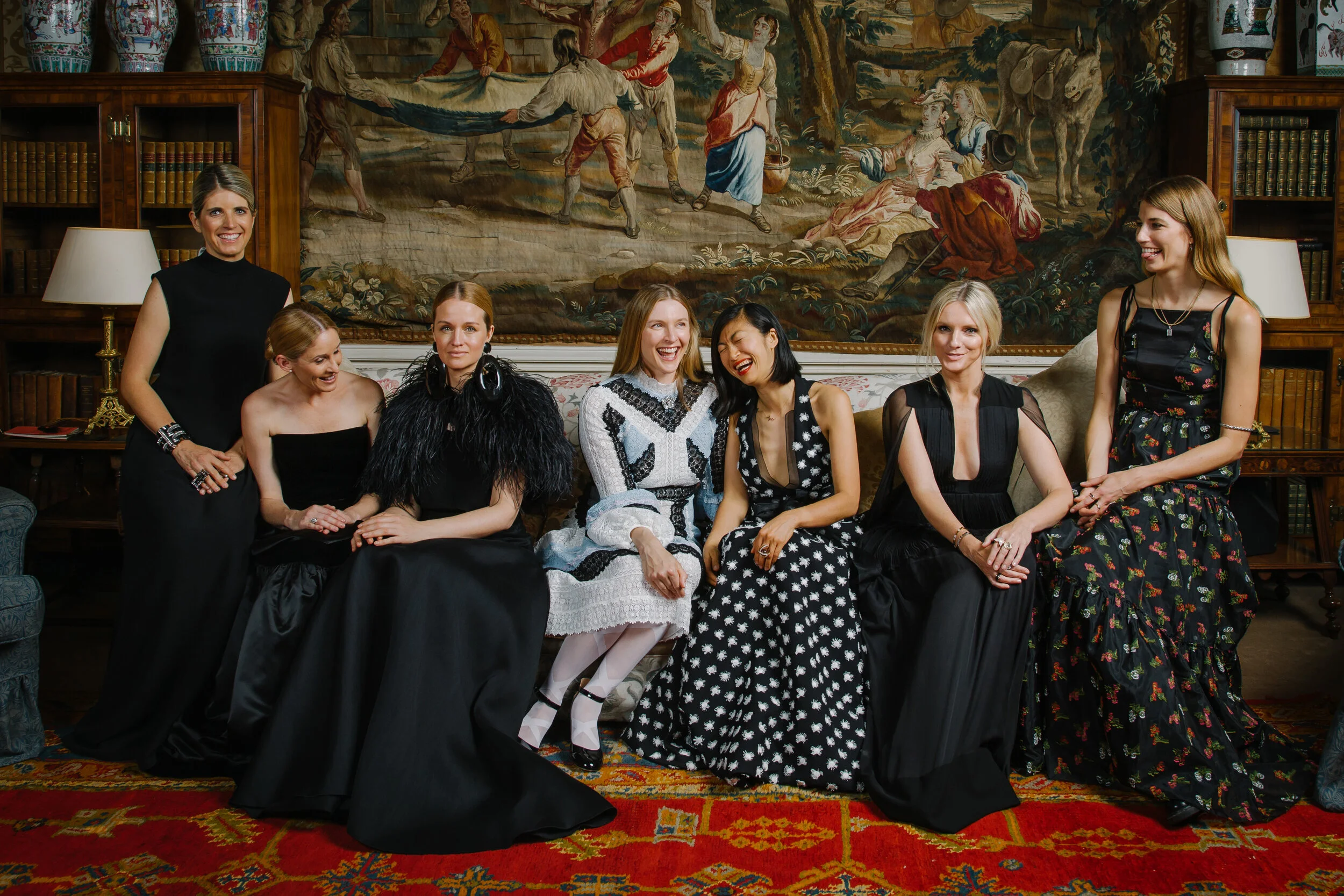Helen has been a photographer for the last 10 years since leaving a marketing career. She initially fell into shooting weddings and has continued to do this around the world and it continues to be a passion of hers to work with real people. She has also worked with some of largest brands in the world capturing events and portraits. She bought Raccoon in 2018 and now split her time taking pictures and running the agency.
Where did you grow up and did that place influence your work?
My father was in the military so I never stayed in one place for very long. I think that has contributed to my love of travel and constant itchy feet. I mostly lived in the countryside though and am most at home in wide open spaces and although I live in the city I always gravitate to places that are truly remote. That being said, my favourite things to photograph are people!
How did you get into photography?
My interest in photography grew during university whilst I was studying History of Art at York, although it was an academic interest as opposed to a practical hobby. When I was 21 my parents bought a Canon DSLR but I didn’t actually start to get really interested in photography until I lost my job in the recession in 2008. I had signed up to go on a 10 day photography course in Morocco just before it happened and within days I had fallen in love with it. Marrakech was such an inspiring place to immerse in and is one of the most photogenic places I’ve ever been. When I came back to London I packed my bags, moved to Glasgow to study photography and that was it. I didn’t have much of a plan in terms of what I wanted to do with my photography - I thought I would figure that out later - and I fell into wedding photography and event photography.
What’s been the biggest highlight in your career so far?
There have been a few significant moments. The first was having one of my portraits from my course in Morocco being printed full page in a travel magazine. One of the course tutors had submitted it without me know and to see one of my images in print was one of the best feelings I’ve ever had and it really inspired me to take the leap to become a photographer. Another highlight was having the opportunity to work alongside another photographer right at the start of my career on a book about Eastern European wellness culture, ‘Healing Sources’. As a team with the writer and producer we travelled across 14 countries to capture the most authentic healing aspects of these countries whether that be food, air, herbs or the waters. It was a huge privilege and to see my images in a book so early in my career was another boost. Working with some of the world’s leading event and wedding planners in some of the most beautiful places in the world is always a humbling experience - having couples trust me to capture one of the most important days of their lives - and for those families to continue to welcome me into their homes and lives to capture other key moments in their lives. Oh and buying Raccoon - that was an exciting moment!
Is there a project you’ve been wanting to shoot but not had a chance to yet? Dream subject?
In the course of my wedding photography I take portraits of a lot of real women - but my time is always limited. I love spending more extended amounts of time with a subject in order to get to know them better. A project that I started many years ago but not continued recently is about body positivity. I’m very interested in the way that women see themselves. I hear so many negative self opinions in the course of my work - women are incredibly self critical when faced with a camera. I want to break that down and help women to appreciate who they are and be able to see the beauty that those around them see in themselves.
Which photographer has most influenced your work and why? Which photography book do you keep returning to?
I have always been in love with the work of Sally Mann and her images of her children. There is so much simplicity, magic and timelessness in her work. Another photographer with a similar subject matter is Sian Davey who used her photography to connect with her daughter Alice who was born with Downs Syndome - using the camera to really see Alice. My university dissertation was on Representations of Children, so I guess I have always been interested in that as a subject and the fact that women often look to the subjects closest to them - whether due to geographical or society restrictions through history.
I look to Annie Leibovitz for the way that she engages with her sitters, often spending days with them before even picking up the camera, taking the time to fix on an angle that will offer the viewer a more intimate connection with that person.
What purchase of £100 or less has most positively impacted your life in the last six months or recently?
Writing this in lockdown I splashed out on a high chair so that I can sit on my balcony and look out over the park and bring the outside into my small flat. It’s money I shouldn’t be spending at the moment but it’s a small luxury.
Do you have a significant failure in your career that has helped drive your subsequent success?
Losing my job at the age of 30 at the height of the recession. I really tried to find another job and eventually had to give up my flat in London and move home to my parents initially before moving to Glasgow to study photography. I spent two years waitressing and absorbing myself in my photography. I would never ever have done that if I hadn’t been pushed. It feels particularly poignant now as I write these answers during the lockdown. It helps me see that there will be opportunities and insights that will come out of this difficult time.
What is one of the best or most worthwhile investments you’ve ever made (could be money, time, energy etc)?
I have never hesitated in spending money on camera gear. Good tools have enabled me to deliver high quality imagery and be versatile in the way I work. But my biggest investments have always been in my time. I worked very hard at the start of my career working long hours for little or no pay to build up my portfolio. There isn’t really a short cut on that one. Keep taking pictures. Investing in Raccoon, whilst a scary decision at the time (both because of the money but also the loss of my freelancers freedom and time) but has turned out to be a fantastic investment in long term security and diversification of my work. I also take huge amounts of pride in watching the team develop both in terms of their work for Raccoon but also in their own personal endeavours.
What is one unusual habit or an absurd thing that you love?
Plants and light. I have to surround myself with greenery - and if I can't be in the countryside then that means filling my flat with plants. And sunshine - I’m like a cat seeking out a patch of sunshine to feel the warmth on my skin. I live on the top floor of a house so that I have lots of light and can look out over a park. Simple life enhancing pleasures that cost little.
In the last five years, what new belief, behaviour, or habit has most improved your life?
That I don’t have to be the best. Letting go of needing to get affirmation from an outside source. I know I will never be the best photographer in the world, or London, or definitely not even Hackney! But that’s ok. I work hard, do my best, and allow myself to be gracious in the praise I do get and say thank you. And be appreciative that the work, especially wedding photography, really means something to someone.
What recommendations do you have for someone wanting to become a photographer? Or what advice do you wish you’d heard before starting out?
I don’t feel I had much advise! And that was a good thing. If I’d listened to too many people telling me how difficult it was to make a living in photography I might have thought twice! My main recommendations are to be true to yourself. Don’t try and copy anyone else’s style or you will just be a poor imitation. By all means absorb and enjoy other people’s work but try to find your own voice and style. Practise - put yourself in endless situations until your camera becomes like an extension of your hand. Don’t get too hung up on technical details if that distracts you from really looking and seeing what’s in front of you and connecting with your subject. Be nice and make connections in the industry.
When you are feeling creatively stuck, what do you do or what do you ask yourself?
What would I do if money was no object? What would I do if no-one was to ever to see the results of what I do? What excites me? And of course turn to photographers I admire to push me to want to be better.
What is unique in your work or approach that separates you from other photographers?
I think I have a sensitivity to real subjects and seeing intimate moments in the mundane. Tenacity.
How important do you think social media output and engagement is in the create industry? Has the impact been positive or negative?
Positive in that it has been a leveller - everyone has access to a platform to put out good work. Unfortunately there is little patience to view even good work. Images scroll past your eyes so fast that you can’t possibly be able to take it in. We’ve stopped really looking. We never sit with one image and take the time to enjoy it - we have no attention spans left.
If you weren’t a photographer - what would you be?
I always wanted to be a writer - I just thought photography was easier. You have something tangible to work with and be inspired by. The world is so full of beauty.
To book Helen for you next wedding, event or portrait shoot get in touch at info@raccoonlondon.com

















